Kevin Yun
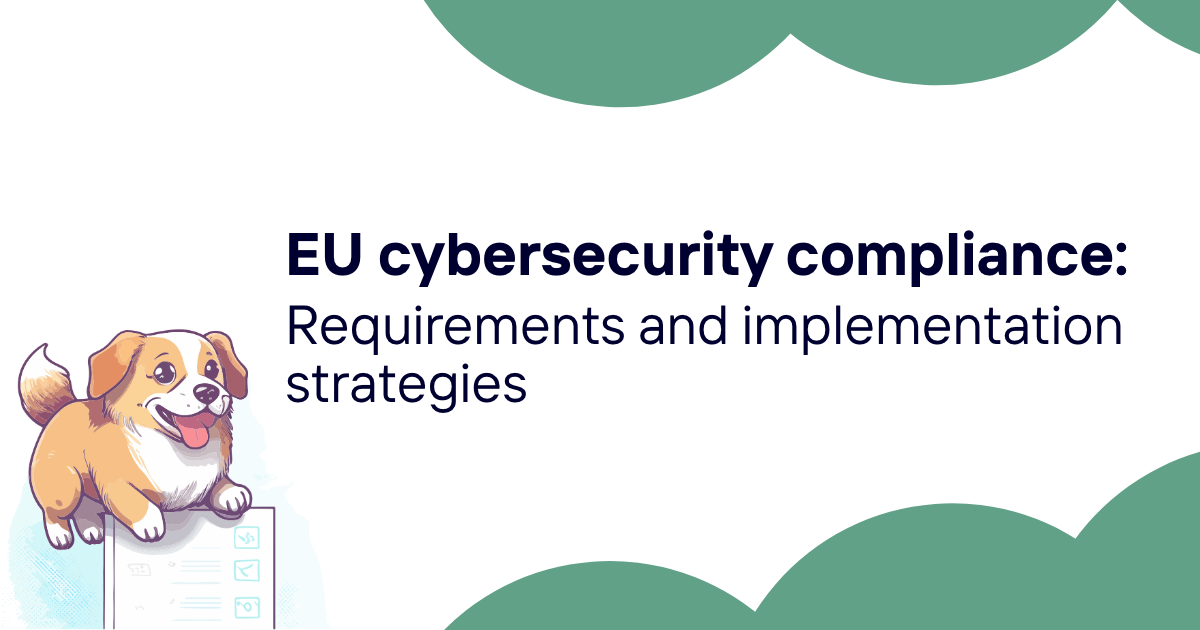
EU cybersecurity compliance: Requirements and implementation strategies
EU cybersecurity compliance is essential for organizations to meet regulatory requirements, protect data, ensure operational resilience, and gain competitive advantage in the evolving digital landscape.
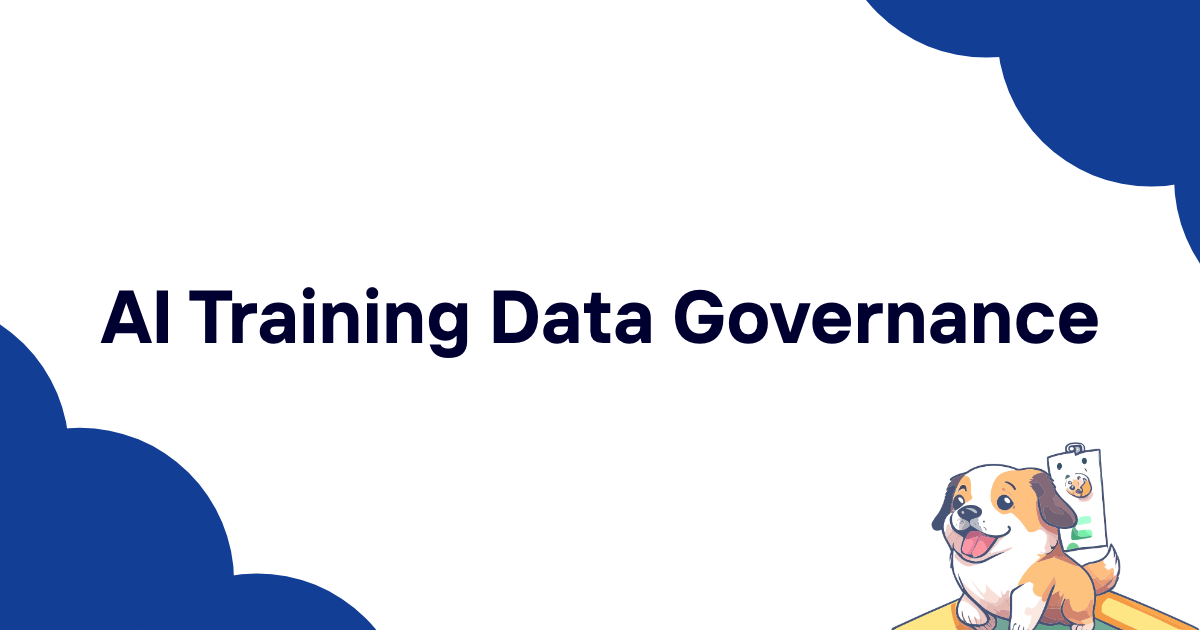
AI Training Data Governance
Effective AI training data governance is essential for ensuring data quality, security, transparency, and regulatory compliance, enabling organizations to deploy responsible AI systems while mitigating risks and bias.
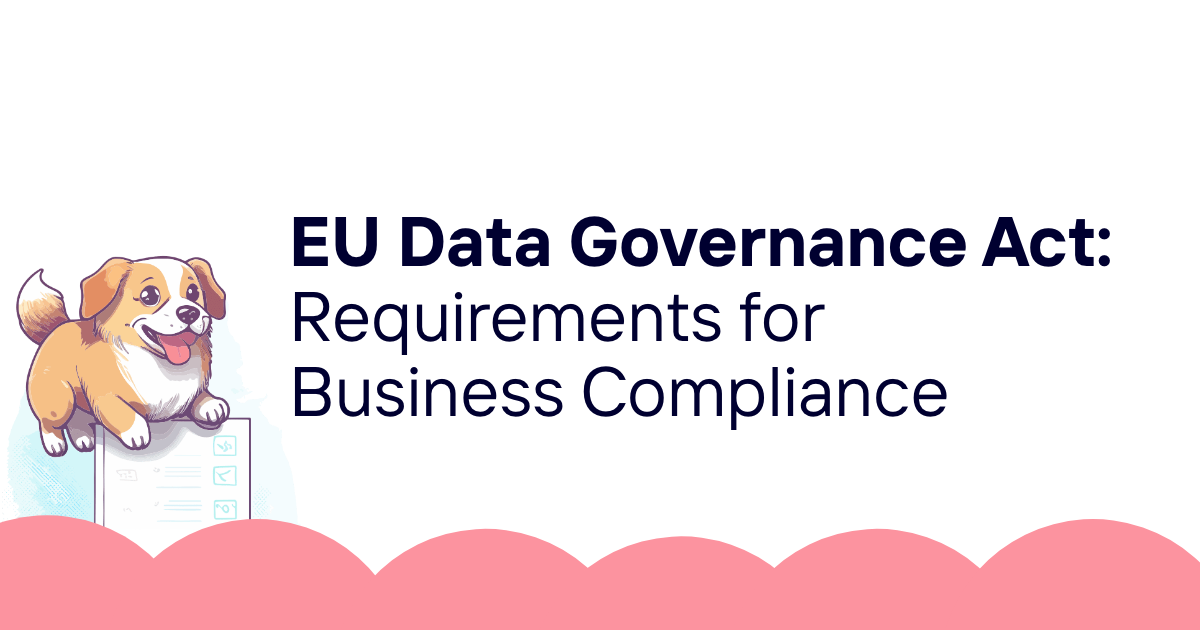
EU Data Governance Act: Requirements for Business Compliance
The EU Data Governance Act, effective since 2023, establishes a trusted framework for data sharing, public sector reuse, data altruism, and cross-sector data spaces to foster innovation and economic growth across Europe.
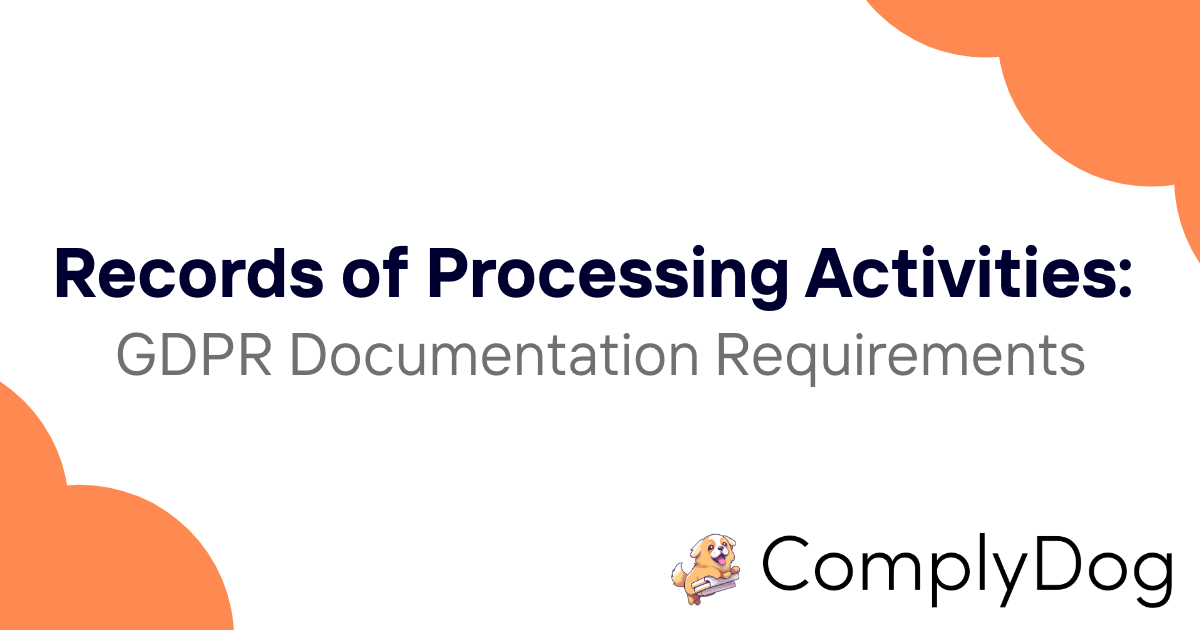
Records of Processing Activities: GDPR Documentation Requirements
Maintaining comprehensive records of processing activities under GDPR is essential for accountability, data management, and compliance, helping organizations understand data flows, meet legal requirements, and demonstrate responsible data handling.
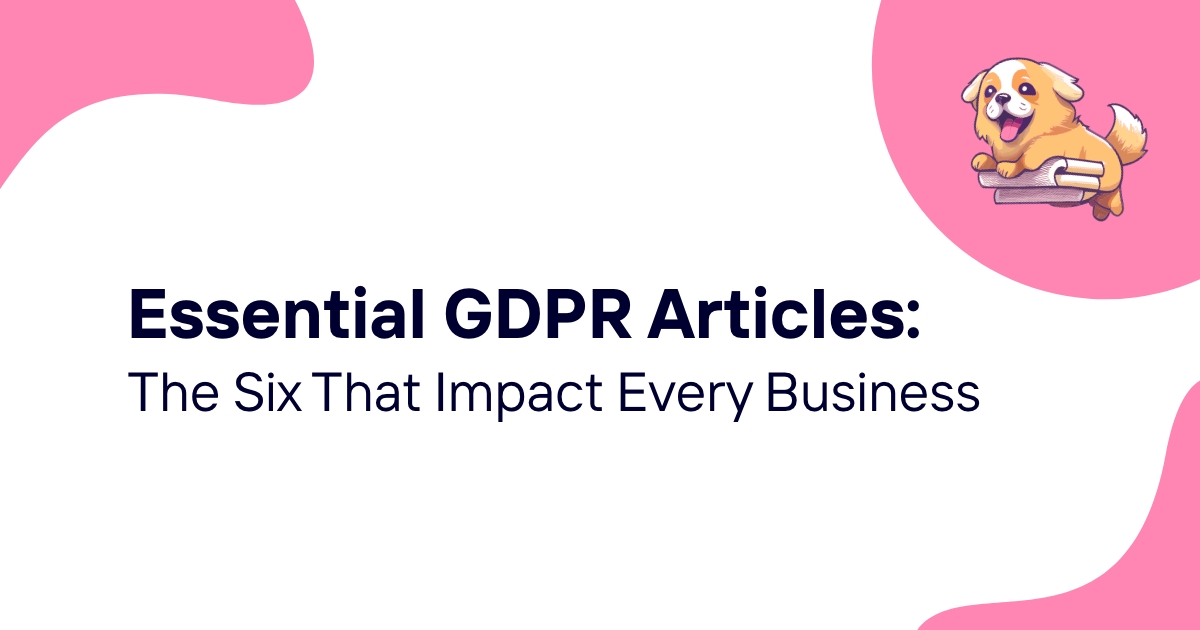
Which GDPR Articles Matter Most? The Critical Six
Discover the six key GDPR articles essential for compliance, covering lawful processing, transparency, individual rights, processor obligations, and risk assessments to protect data and avoid hefty fines.
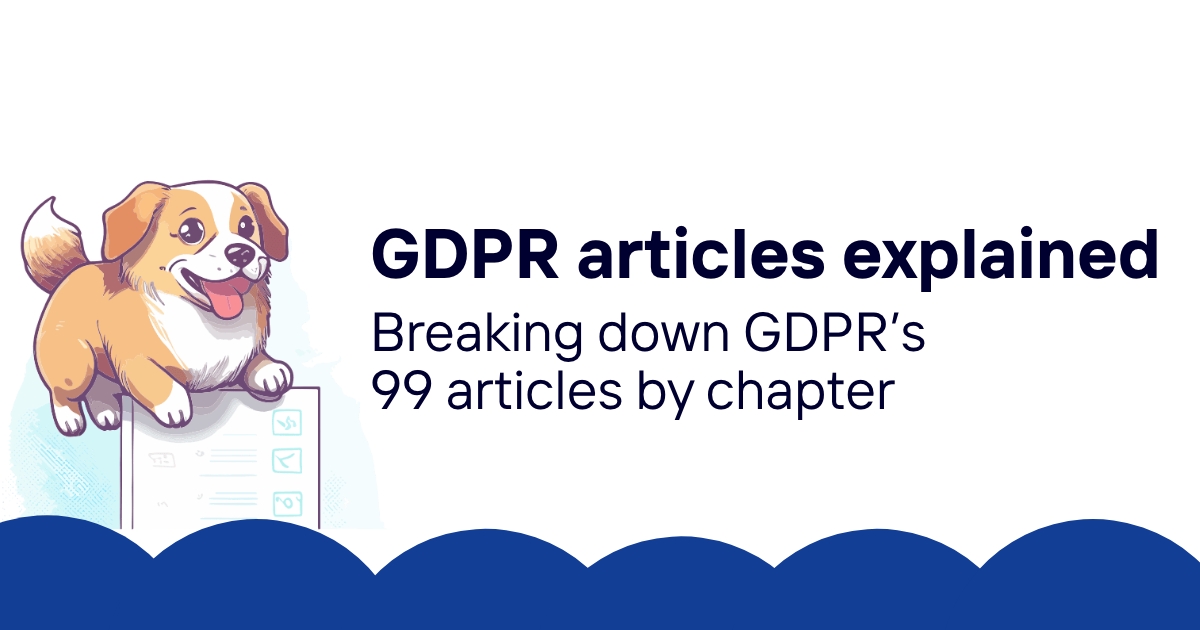
GDPR articles explained
This comprehensive guide explains GDPR articles, covering scope, principles, data subject rights, controller and processor obligations, international transfers, enforcement, and compliance strategies for organizations handling EU data.
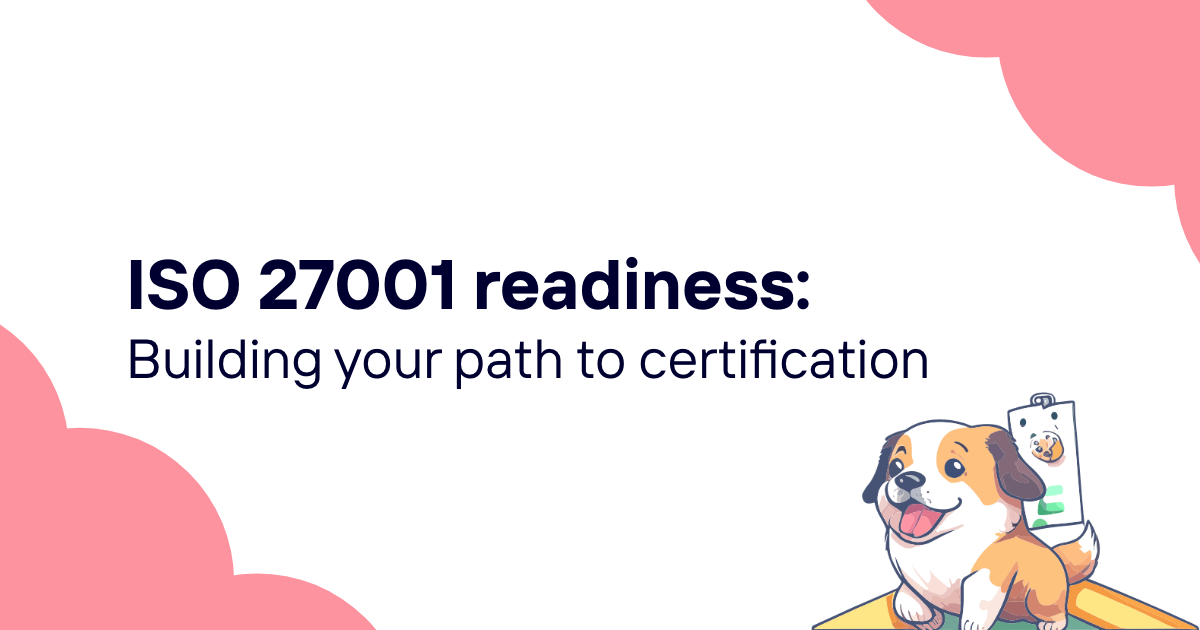
ISO 27001 readiness: Building your path to certification
Achieving ISO 27001 readiness involves systematic preparation, risk assessment, control implementation, and organizational alignment to ensure successful certification and demonstrate a strong commitment to information security.
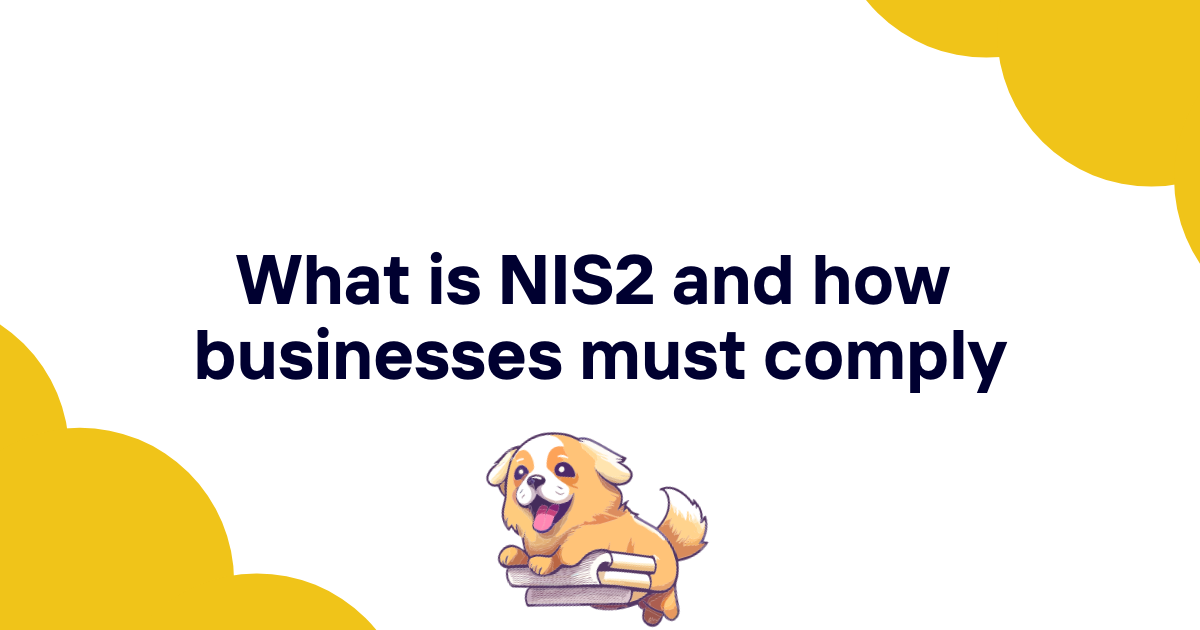
What is NIS2 and how businesses must comply
NIS2 is the EU cybersecurity directive that overhauls security requirements for critical sectors, ensuring harmonized, proactive measures, incident reporting, and supply chain security to protect essential services across Europe.
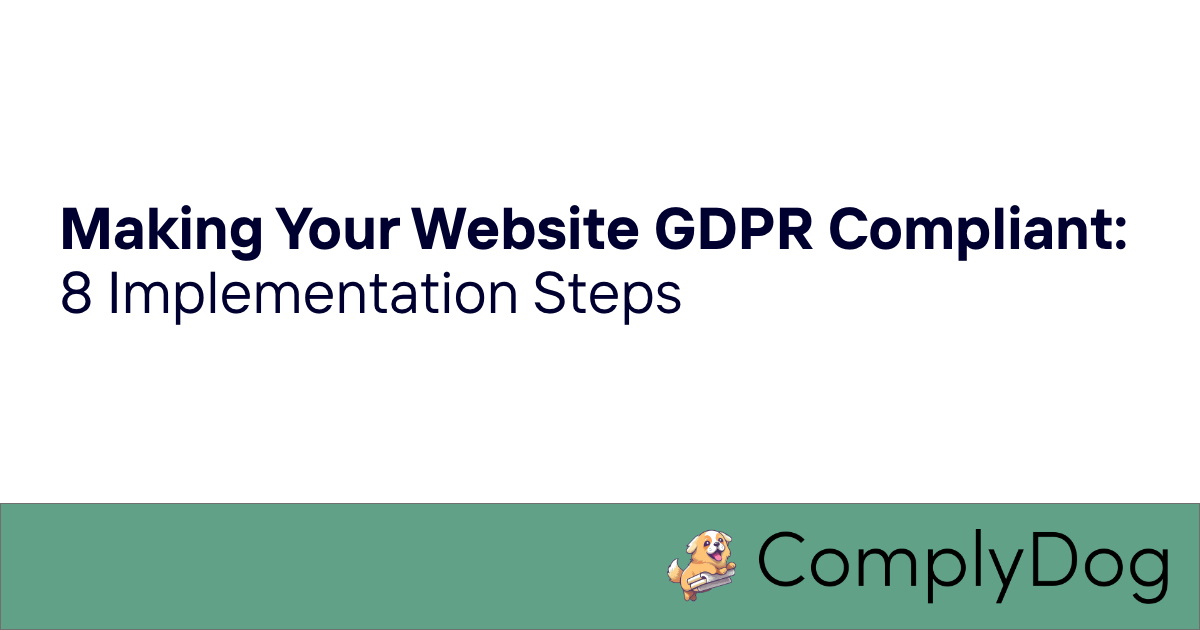
Making Your Website GDPR Compliant: 8 Implementation Steps
Learn the 8 essential steps to make your website GDPR compliant, including data audits, SSL implementation, transparent privacy policies, consent management, and securing personal data effectively.














